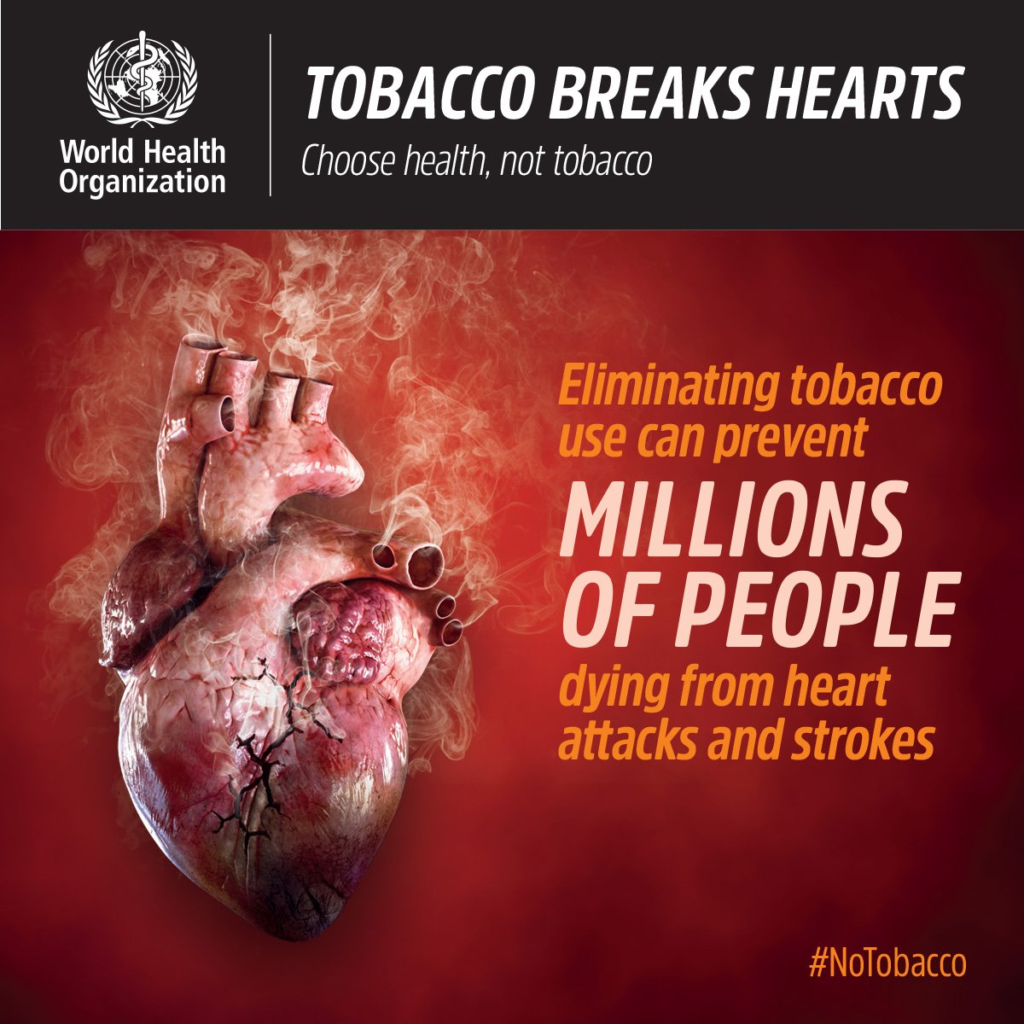Understanding Heart Attacks and Effective Preventive Measures
Heart attacks, medically known as myocardial infarctions, remain a leading cause of death worldwide. However, the good news is that many heart attacks can be prevented through adopting a healthy lifestyle and managing risk factors.
Understanding Heart Attacks:
A heart attack occurs when there’s a sudden interruption of blood flow to a portion of the heart muscle. This is usually caused by a clot that forms in a narrowed coronary artery, blocking the supply of oxygen-rich blood. The lack of blood flow can damage or destroy a part of the heart muscle, leading to potentially serious complications or even death.
Common Risk Factors:
Several risk factors increase the likelihood of experiencing a heart attack. Some of the most prevalent ones include:
Smoking: Smoking damages blood vessels, increases blood pressure, and reduces the amount of oxygen available to the heart.
High Blood Pressure: Uncontrolled high blood pressure puts strain on the heart and increases the risk of arterial damage and clot formation.
High Cholesterol: Elevated levels of LDL cholesterol (often referred to as “bad” cholesterol) can lead to the buildup of plaque in arteries, narrowing them and restricting blood flow.
Diabetes: People with diabetes are at higher risk due to elevated blood sugar levels causing damage to blood vessels.
Obesity: Excess body weight strains the heart and is linked to diabetes, high blood pressure, and high cholesterol.
Physical Inactivity: Lack of regular exercise weakens the heart and contributes to other risk factors.
Unhealthy Diet: A diet high in saturated and trans fats, salt, and refined sugars can contribute to heart disease.
Family History: A family history of heart disease can increase your risk, suggesting a genetic predisposition.
Preventive Measures:
The good news is that many heart attacks are preventable by making positive lifestyle changes and managing risk factors. Here are some effective preventive measures:
Quit Smoking: If you smoke, quitting is one of the most impactful steps you can take to reduce your heart attack risk.
Healthy Diet: Consume a diet rich in fruits, vegetables, whole grains, lean proteins, and healthy fats. Limit saturated and trans fats, sodium, and added sugars.
Regular Exercise: Aim for at least 150 minutes of moderate-intensity aerobic exercise or 75 minutes of vigorous-intensity exercise each week.
Manage Weight: Maintain a healthy weight through a balanced diet and regular physical activity.
Control Blood Pressure: Monitor your blood pressure regularly and follow medical advice to keep it within a healthy range.
Manage Cholesterol: Know your cholesterol levels and work with your healthcare provider to manage them effectively.
Control Diabetes: If you have diabetes, work closely with your healthcare team to manage your blood sugar levels.
Stress Management: Practice stress-reduction techniques like mindfulness, meditation, or yoga to lower stress levels.
Limit Alcohol: If you drink, do so in moderation – no more than one drink per day for women and two drinks per day for men.
Regular Check-ups: Schedule regular medical check-ups to monitor your heart health and address any concerns promptly.

A heart attack is a serious event that can have life-changing consequences, but the majority of cases can be prevented by adopting a heart-healthy lifestyle and managing risk factors. By making informed choices, you can significantly reduce your risk of experiencing a heart attack and enjoy a longer, healthier life. Remember, it’s never too late to start taking care of your heart. Always consult with your healthcare provider for personalized advice and guidance on heart attack prevention.


